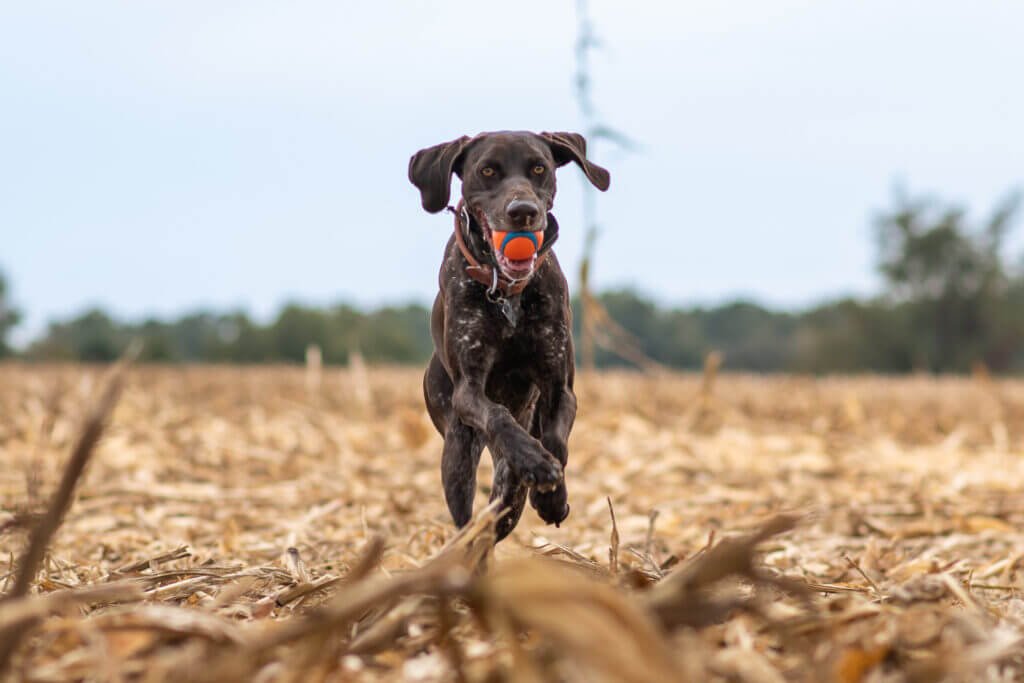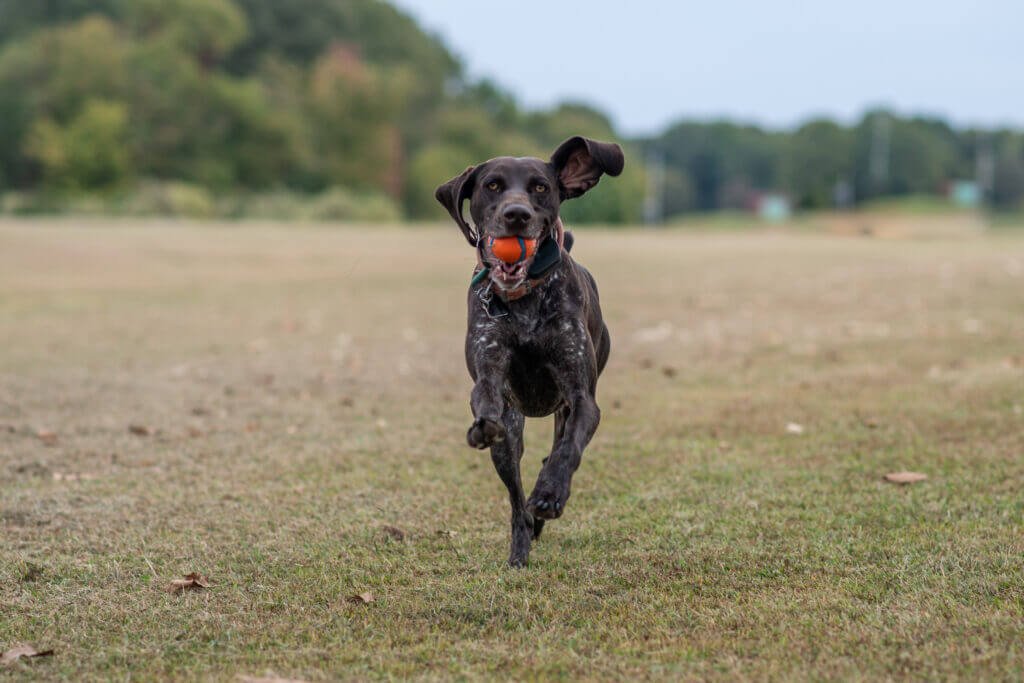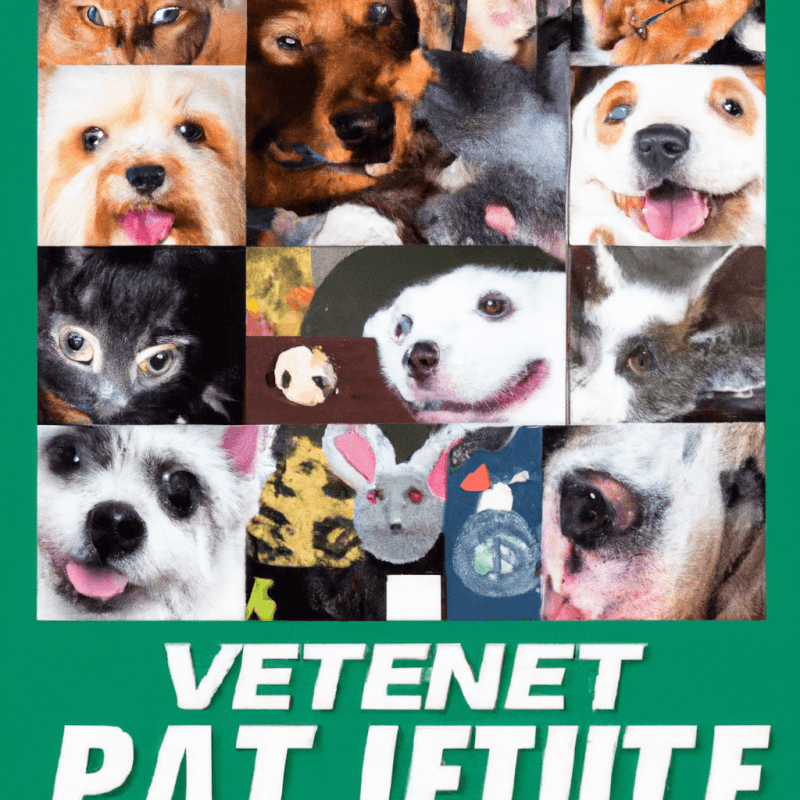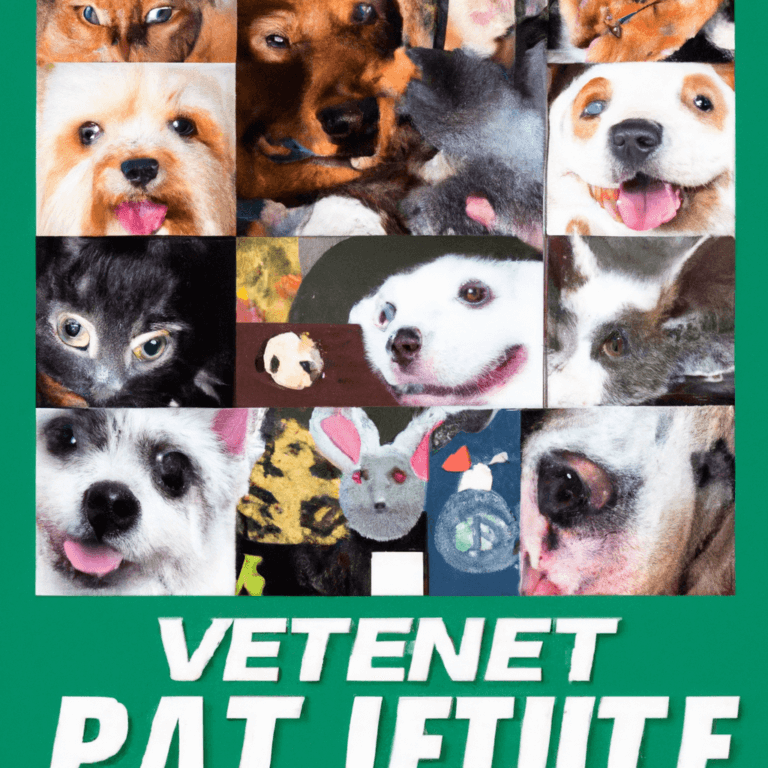Pets are cherished members of our families, bringing love, joy, and companionship into our lives. However, it is crucial to ensure their well-being by providing them with the necessary vaccinations. From preventing common illnesses to safeguarding their overall health, vaccines play a vital role in keeping our furry friends protected. But what vaccines do our beloved pets actually need? Let’s explore the essential vaccines that can safeguard our pets’ health and happiness, ensuring a long and vibrant life by their side.
Core Vaccines
Definition
Core vaccines are a set of vaccinations that are considered essential for all pets. These vaccines protect against highly contagious and potentially life-threatening diseases that are widespread and have a high risk of transmission.
Ready for Cat Trivia?
Test your knowledge about cats!

Types of Core Vaccines
The specific core vaccines for dogs include the distemper vaccine, rabies vaccine, parvovirus vaccine, and bordetella vaccine. For cats, the core vaccines include the feline viral rhinotracheitis vaccine, calicivirus vaccine, panleukopenia vaccine, and rabies vaccine.
Recommended Schedule
The vaccination schedule for core vaccines varies depending on the type of vaccine and the pet’s age. Generally, puppies and kittens receive a series of vaccinations starting at a young age, followed by booster shots to ensure long-lasting immunity. Adult pets may require regular boosters to maintain their immunity.
Importance of Core Vaccines
Core vaccines are crucial for the overall health and well-being of pets. By protecting against highly contagious diseases, these vaccinations not only safeguard the individual pet but also help prevent the spread of diseases within the community. Vaccinating your pet ensures they have a strong immune system and lowers the risk of experiencing severe illness or complications from preventable diseases.
Non-Core Vaccines
Definition
Non-core vaccines refer to vaccinations that are recommended based on a pet’s specific lifestyle, geographic location, or exposure risk to certain diseases. These vaccines are not considered essential for all pets but may be necessary in certain situations.
Types of Non-Core Vaccines
Examples of non-core vaccines for dogs include the bordetella vaccine, lyme disease vaccine, and canine influenza vaccine. For cats, non-core vaccines may include the feline leukemia virus vaccine and the feline immunodeficiency virus vaccine.
Factors to Consider
When deciding on non-core vaccines for your pet, several factors should be considered. These factors may include the pet’s age, health status, risk of exposure to certain diseases, travel plans, and interaction with other animals. Consulting with your veterinarian is crucial in determining which non-core vaccines are appropriate for your pet.
Optional Vaccines
It’s important to remember that non-core vaccines are optional and not all pets may require them. However, in certain situations, these vaccines can provide additional protection and help mitigate the risks associated with specific diseases.

Canine Vaccines
Distemper
The distemper vaccine is crucial for protecting dogs against a highly contagious and potentially fatal disease. Canine distemper affects the respiratory, gastrointestinal, and nervous systems and is spread through contact with infected animals or their bodily fluids. Puppies are especially vulnerable to distemper, and vaccination at a young age is crucial for preventing this devastating disease.
Rabies
Rabies is a fatal disease that can affect both animals and humans, making the rabies vaccine essential for all dogs. Rabies is primarily transmitted through the bite of an infected animal and affects the central nervous system. Vaccinating dogs against rabies not only protects them but also helps prevent the spread of this deadly disease to other animals and humans.
Parvovirus
The parvovirus vaccine is essential for protecting dogs against a highly contagious virus that causes severe diarrhea, vomiting, and dehydration. Parvovirus can be particularly dangerous for puppies and unvaccinated dogs, as it can lead to life-threatening complications. Vaccinating dogs against parvovirus significantly reduces the risk of this devastating disease.
Bordetella
Bordetella, also known as kennel cough, is a highly contagious respiratory infection that affects dogs, especially those in close quarters, such as boarding facilities or dog parks. The bordetella vaccine helps protect against this respiratory disease, reducing the risk of transmission and ensuring the overall health of your dog.
Lyme Disease
Lyme disease is a tick-borne illness that can affect both dogs and humans. The Lyme disease vaccine helps protect dogs in areas where ticks carrying the disease are prevalent. Vaccinating against Lyme disease is especially important if you reside in or travel to regions with a high tick population.
Feline Vaccines
Feline Viral Rhinotracheitis
Feline viral rhinotracheitis, also known as feline herpesvirus-1, is a highly contagious upper respiratory viral infection that affects cats. This disease can cause sneezing, nasal discharge, fever, and eye inflammation. Vaccinating against feline viral rhinotracheitis helps reduce the severity of the infection and minimize the risk of transmission.
Calicivirus
Calicivirus is another common respiratory infection in cats that causes symptoms such as oral ulcers, fever, and sneezing. Vaccination against calicivirus helps protect cats from this highly contagious disease, reducing the severity of symptoms and preventing its spread to other cats.
Panleukopenia
Panleukopenia, also known as feline distemper, is a highly contagious and potentially fatal viral infection that affects cats. This disease attacks the gastrointestinal tract and can cause severe vomiting, diarrhea, and dehydration. Vaccinating against panleukopenia is crucial in preventing the spread of this deadly virus and protecting the health of cats.
Rabies
Rabies is a fatal disease that affects all mammals, including cats. Cats can contract rabies through the bite of an infected animal, and the disease poses a significant risk to both feline and human health. Vaccinating cats against rabies helps ensure their safety and prevents the transmission of this deadly disease.
Feline Leukemia Virus
Feline Leukemia Virus (FeLV) is a viral infection that can lead to various health problems in cats, including immunosuppression, anemia, and cancer. The FeLV vaccine is recommended for cats that have a high risk of exposure to infected cats or live in multi-cat households. Vaccination against FeLV is essential in preventing this life-threatening disease.

Rabies Vaccination
Mandatory Vaccination
Rabies vaccination is mandatory for both dogs and cats in many regions. This legal requirement is in place to protect public health and prevent the spread of rabies, a disease that can be transmitted to humans. Failure to comply with rabies vaccination laws may result in legal consequences and pose a risk to your pet’s health.
Frequency of Vaccination
Rabies vaccinations are typically administered every one to three years, depending on local regulations and the specific vaccine used. Regular re-vaccination is necessary to ensure that pets maintain their immunity against rabies throughout their lives.
Signs and Transmission
Rabies is primarily transmitted through the bite of a rabid animal. It affects the central nervous system and can lead to behavioral changes, paralysis, and ultimately death. Signs of rabies in pets may include aggression, confusion, excessive drooling, and difficulty swallowing. Early detection and immediate vaccination are crucial if there is a suspicion of rabies exposure.
Importance for Pet and Human Health
Rabies is a deadly disease that poses a serious risk to both pets and humans. Vaccinating pets against rabies not only helps protect their lives but also reduces the risk of transmitting this fatal disease to people. Maintaining up-to-date rabies vaccinations for pets is essential for public health and the well-being of animals.
Vaccine Side Effects
Common Side Effects
Most pets tolerate vaccinations well and may experience mild side effects such as soreness at the injection site, mild lethargy, or a slight fever. These common side effects are usually temporary and resolve within a few days. However, if the side effects persist or worsen, it’s important to consult your veterinarian.
Rare Side Effects
While rare, some pets may experience more severe side effects such as allergic reactions, vomiting, diarrhea, or respiratory distress. If your pet exhibits any unusual or severe symptoms after vaccination, seek immediate veterinary care.
Allergic Reactions
Allergic reactions to vaccines can occur, although they are uncommon. Signs of an allergic reaction may include facial swelling, hives, difficulty breathing, or collapse. If your pet shows any signs of an allergic reaction, it is essential to seek immediate veterinary attention.
Reporting Adverse Events
If your pet experiences a severe or adverse reaction to a vaccine, it’s important to report it to your veterinarian. They can document the reaction and notify the appropriate authorities to ensure that any potential issues are addressed.

Vaccine Recommendations by Age
Puppy Vaccination Schedule
Puppies should begin their vaccination series at around 6 to 8 weeks of age. The core vaccines typically administered to puppies include the distemper vaccine, parvovirus vaccine, and adenovirus vaccine. Additional non-core vaccines, such as the bordetella vaccine, may also be recommended depending on the puppy’s lifestyle and risk factors.
Kitten Vaccination Schedule
Kittens usually start their vaccination series at around 8 to 9 weeks of age. The core vaccines for kittens include the feline viral rhinotracheitis vaccine, calicivirus vaccine, and panleukopenia vaccine. The rabies vaccine may also be administered, depending on local regulations.
Adult Pet Vaccination Schedule
After completing the initial series of vaccinations, adult pets typically receive booster shots to ensure ongoing immunity. These booster shots are necessary to strengthen the pet’s immune response and maintain protection against diseases. The frequency of booster vaccinations varies depending on the specific vaccine and the pet’s lifestyle.
Senior Pet Vaccination Schedule
As pets age, their immune system may weaken, making them more susceptible to certain diseases. Senior pets may require additional vaccinations to maintain their immunity and protect against age-related health concerns. Consulting with your veterinarian is crucial in determining the appropriate vaccination schedule for your senior pet.
The Role of Vaccinations in Preventive Medicine
Preventing Infectious Diseases
Vaccinations play a crucial role in preventing the spread and transmission of infectious diseases in pets. By ensuring that pets are adequately vaccinated, the risk of contracting and transmitting diseases is significantly reduced, leading to healthier and longer lives for our furry companions.
Reducing Health Risks
Vaccinations are a proactive approach to reducing the risk of diseases that can have severe health implications for pets. By immunizing pets against potentially life-threatening illnesses, we can safeguard their well-being and minimize the need for costly and invasive treatments.
Herd Immunity
Herd immunity, also known as community immunity, occurs when a significant portion of the population is immune to a particular disease. Through widespread vaccination, herd immunity can be achieved, offering additional protection to vulnerable animals and reducing the overall prevalence of diseases within the community.
Public Health Impact
Vaccinating pets not only benefits their individual health but also has a broader impact on public health. By preventing the transmission of zoonotic diseases, which are diseases that can be transmitted between animals and humans, vaccinations contribute to a safer and healthier community.

Vaccination Myths and Misconceptions
Autism and Vaccines
One common myth surrounding vaccines is the notion that they can cause autism in pets. However, extensive scientific research has consistently shown no evidence of a link between vaccines and autism. Vaccinations are crucial in preventing life-threatening diseases and should not be associated with such unfounded claims.
Overvaccination Concerns
Concerns about overvaccination have also been raised, suggesting that pets may receive unnecessary vaccines or too frequent boosters. However, veterinary associations and experts follow guidelines that take into account the latest research and knowledge to ensure that vaccination protocols are appropriate and tailored to each individual pet’s needs.
Natural Immunity vs. Vaccination
Some pet owners may question the need for vaccinations, believing that natural immunity acquired through exposure to certain diseases or previous infections is sufficient. However, relying on natural immunity is risky and can expose pets to potentially lethal diseases. Vaccinations provide a safer and more effective way to develop immunity without subjecting pets to unnecessary risks.
Vaccine Safety and Efficacy
Vaccine safety and efficacy is a crucial aspect of any vaccination program. Before vaccines are released for use, they undergo rigorous testing to ensure their safety and effectiveness. Additionally, ongoing monitoring and surveillance systems are in place to detect any adverse events and ensure that vaccines continue to be safe and efficacious.
Consulting a Veterinarian
Importance of Veterinary Guidance
When it comes to vaccinations, it’s essential to seek the guidance of a veterinarian. Veterinarians are knowledgeable in the field of immunology and understand the specific vaccination needs of individual pets. They can provide expert advice tailored to your pet’s lifestyle, health status, and risk factors.
Tailoring Vaccination Protocols
Each pet is unique and may have different requirements when it comes to vaccinations. A veterinarian can tailor a vaccination protocol that best suits your pet, taking into account factors such as age, health status, travel plans, and potential exposure risks. This personalized approach ensures that your pet receives the necessary vaccinations while minimizing unnecessary treatments.
Risk Assessment
A veterinarian can assess the potential risks your pet may face and recommend appropriate vaccinations based on those risks. By understanding your pet’s environment, lifestyle, and interaction with other animals, a veterinarian can develop a comprehensive vaccination plan that provides the best protection against preventable diseases.
Regular Wellness Checks
Regular wellness checks are crucial in monitoring your pet’s overall health and assessing their vaccination needs. During these visits, a veterinarian can evaluate any changes in your pet’s health status, address concerns, and ensure that vaccinations are up to date. Regular check-ups play a vital role in maintaining the health and well-being of your pet.
In conclusion, vaccinations are a critical aspect of preventive medicine for pets. Core vaccines protect against highly contagious and potentially life-threatening diseases, while non-core vaccines offer additional protection based on individual risk factors. Vaccinating pets not only safeguards their health but also contributes to public health by preventing the spread of zoonotic diseases. By consulting a veterinarian and following recommended vaccination schedules, pet owners can ensure their furry companions lead long, healthy lives free from preventable diseases.



